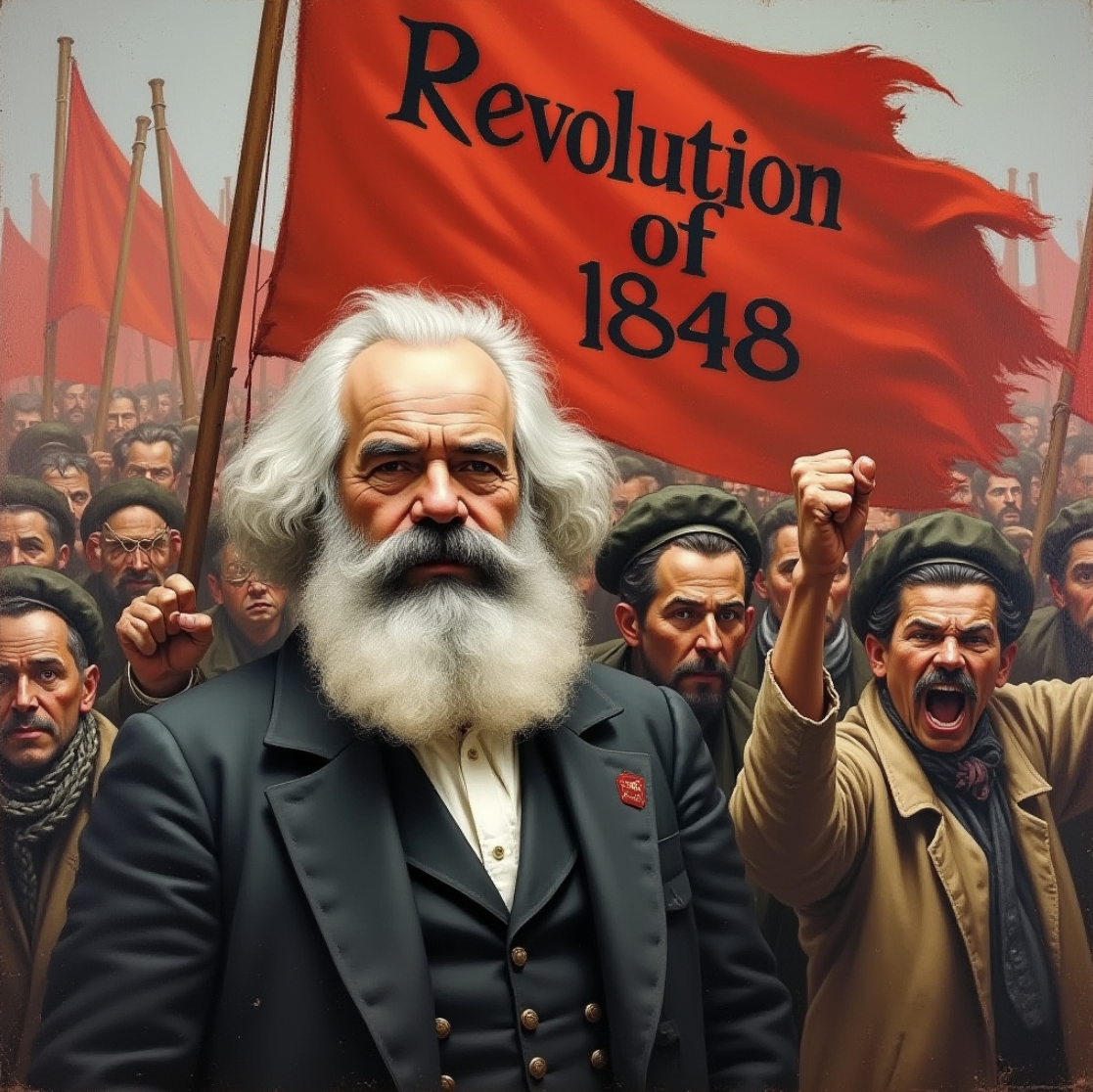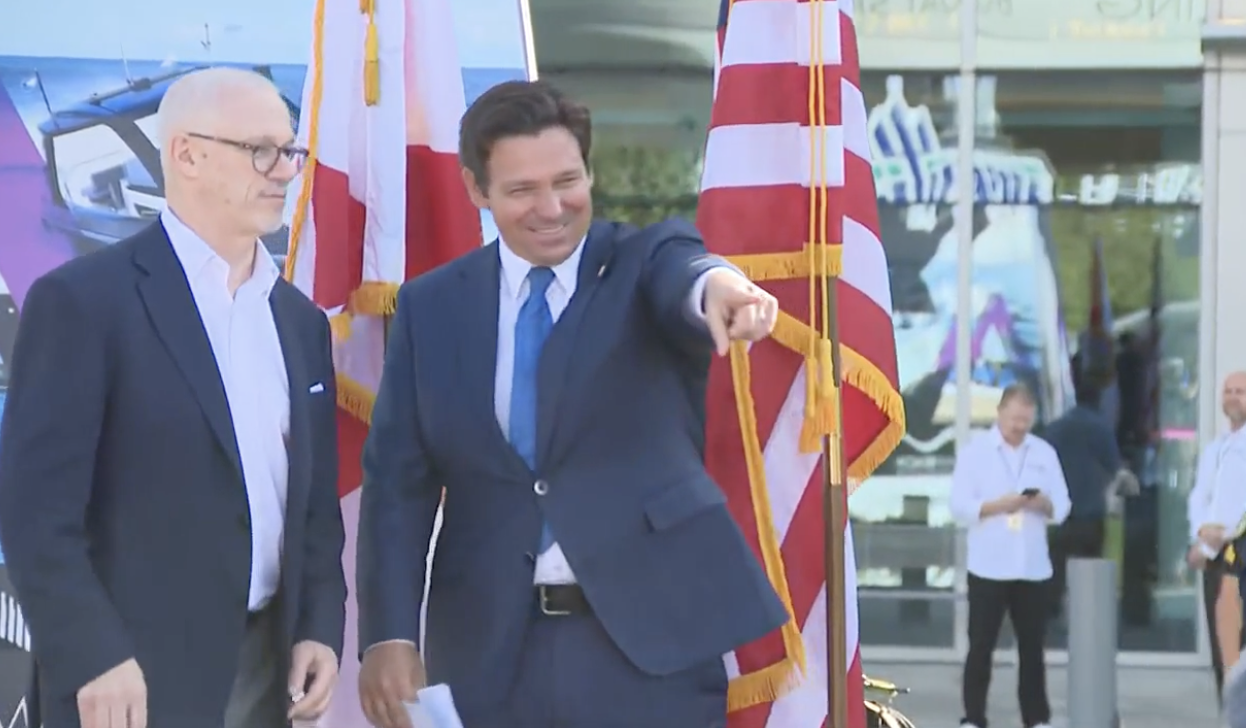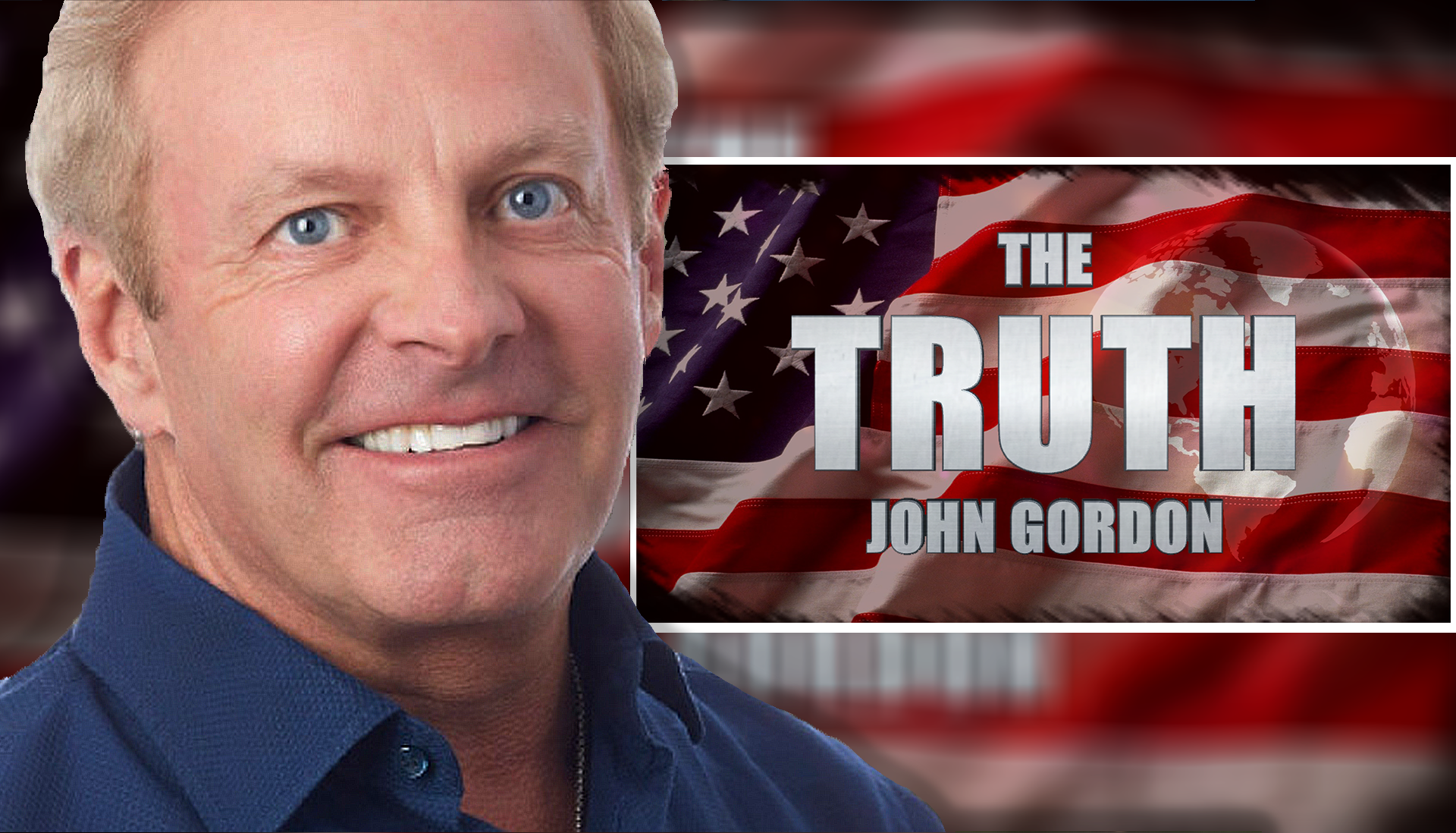
Please Follow us on Gab, Minds, Telegram, Rumble, Truth Social, Gettr, Twitter
Doral, Florida - The Republican primary elections are coming up on Tuesday, August 20, with two weeks of early voting, to determine the composition of county party officers. These elections are “first-past-the-post,” as they say in England, with the winners not required to win a majority of votes cast.
In preparation for these elections, this weekend the Federated Republican Women of Miami Beach hosted panel presentations by candidates for Republican Executive Committeewomen - - Monique Pope, Hayley Ross and Celia Gruss - - and State Committeewomen - - Barbara Casanova and Christi Tasker - - for Miami-Dade County.
The people attending discussed that the Republican Executive Committee provides serious under-representation for its registered voters in this county, compared with other counties:
County REC - Members - Registered Voters - RV/RECM
Bay 70 127,000 1,814
Broward 258 1,104,000 4,279
Indian River 129 116,000 899
Lee 260 470,000 1.807
Manatee 170 270,000 1,588
Miami-Dade 120 1,455,000 12,125
Palm Beach 270 851,000 3,151
Pinellas 236 622,000 2,635
Santa Rosa 60 136,000 2,266
St. Johns 170 219,000 1,288
Volusia 400 367,000 917
The rules of the Republican Party of Florida require that any precinct with at least 1,000 registered Republicans is entitled to its own precinct captain or committeeman, and Miami-Dade County has approximately 122 such additional precincts. A maximum of 160 Committeemen are authorized in Miami-Dade County, but the actual number is usually around 120.
Underutilization of Republican Activists
As a result of the limited number of precinct positions, many Republican activists are turned away and denied participation in party activities. Then there are not enough poll-watchers, door knockers, voter registrars and other activists.
Consequently, Republicans have failed to run any candidates to oppose Democrats for: (1) State’s Attorney; (2) Public Defender; (3) Four County Commissioners; and (4) One School Board member. Miami-Dade is said to have become a Red county, but Democrats hold a majority of County Commissioners and the County Mayor.
Registered voters are around 512,000 Democrats, 470,000 No Party Affiliation and 450,000 Republicans. The REC leadership has failed to exploit the political opportunities in this county.
At the same time, a local Republican challenger to an incumbent Democrat Congresswoman, and two conservative Republican challengers for School Board, Districts 3 and 9, have received no support from the local party.
The local REC leadership does not like primary challenges to incumbent Republicans, or even challenges to the establishment choice in open seats. That kind of stagnant thinking undermines the free-flowing spirit of democratic competition that best serves the interests of voters. As President Truman observed, if they can’t stand the heat, they should get out of the kitchen.
From Factions to Political Parties
Political parties were not part of the original constitutional structure of government in the United States. The Founders were wary of the effect of factions and special interests on government.
Nevertheless, the United States has had, almost from the beginning, a two-party system. They represent two tracks (pistes in French, pistas in Spanish) for resolving political disputes, one way or the other. The Democrat party was founded by Andrew Jackson after he lost the presidential election of 1824, in order to support his presidential campaign for 1828. The Republican party was founded during 1854 in Beloit, Wisconsin and around the upper Midwest, in order to contain the growth of slavery into the new territories of Kansas-Nebraska and beyond.
Interests and ideologies must take over an existing party in order to influence its policies. For example, progressive socialists have taken over the Democrat party in this millenium. They represent globalists, jihadists and communists. As a result, conservatives have congregated in the Republican party.
Third parties are for losers. In another example, Ross Perot ran on the Reform party ticket and received 19% of the popular vote in the presidential election of 1992. Instead he should have directly primaried the incumbent President Bush. As a result, Slick Willie Clinton won with 43% of the popular vote. Donald Trump learned from this mistake, and never went third-party.





















